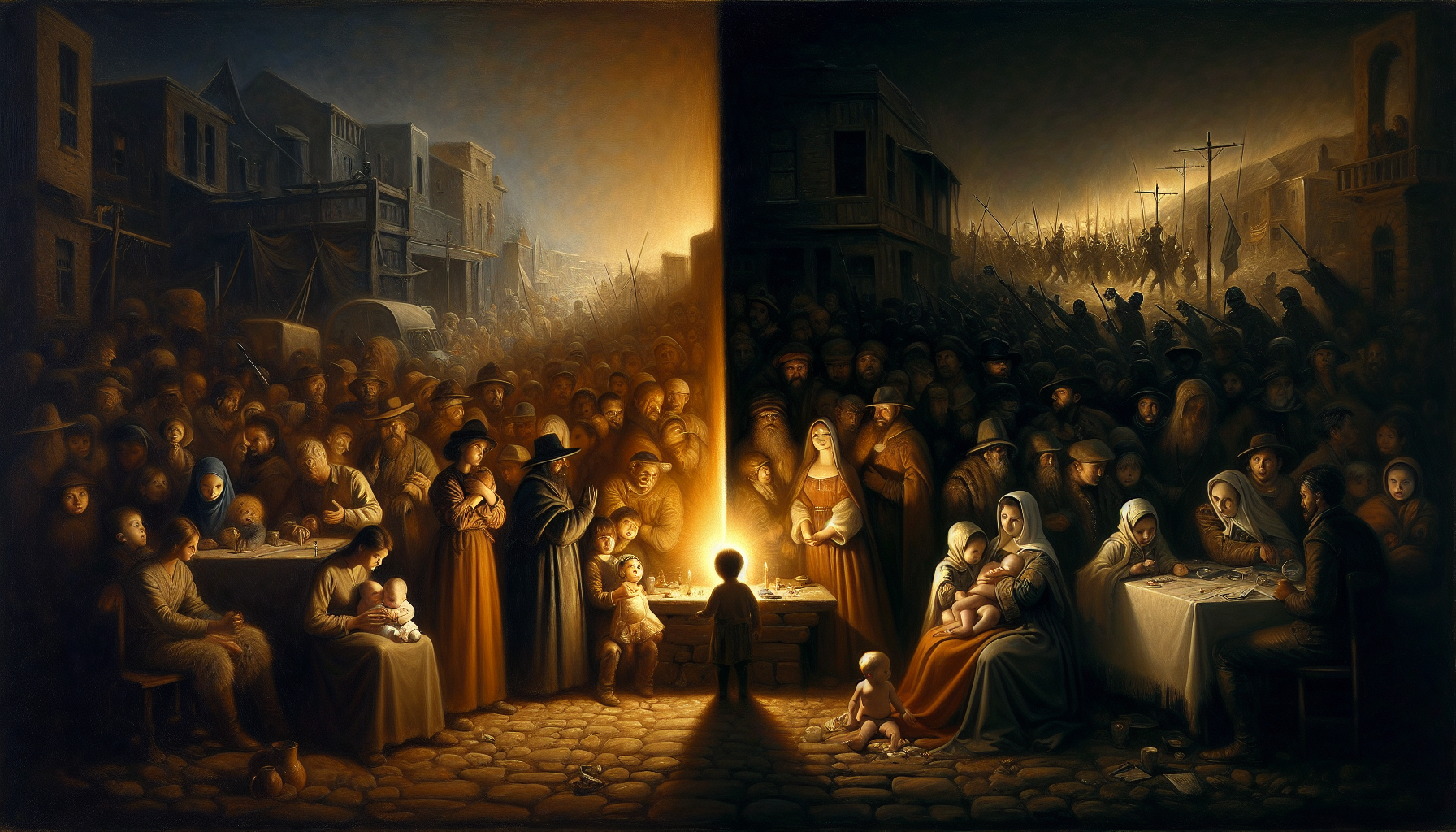⚖️ Judicial Branch |
Supreme Court Opinions |
-
In Trump v. CASA, the Supreme Court looked at whether courts can issue “universal injunctions” that stop a law for everyone. The Court said 6-3 that courts can’t issue these broad orders, only ones that protect the people who sued. Justice Barrett wrote the Court’s opinion, and Chief Justice Roberts and Justices Thomas, Alito, Gorsuch, and Kavanaugh agreed. Justices Thomas and Alito each wrote their own reasons for agreeing, and Justice Gorsuch joined Justice Thomas’s opinion. Justice Kavanaugh also filed his own concurring opinion. This changes the law because it limits the power of courts to block government actions. The Court said that historically, courts only helped the people in the case. Justices Sotomayor, Kagan, and Jackson dissented, with Justices Jackson and Sotomayor writing dissenting opinions. Justice Sotomayor argued that universal injunctions are needed to stop illegal actions and protect everyone’s rights, and that the executive branch should not have broad authority to enforce illegal laws. This decision could mean that more lawsuits are needed to challenge a law, as each win only protects the individual plaintiffs.
Read full document →
-
In Kennedy v. Braidwood Management, Inc., the Supreme Court looked at who gets to pick members of a group that makes rules about health care. The Court said the Secretary of Health can choose these members, because they are like helpers (“inferior officers”) who are told what to do. The vote was 6-3, with Justice Kavanaugh writing for the majority, joined by Chief Justice Roberts and Justices Sotomayor, Kagan, Barrett, and Jackson. This ruling means the Secretary of Health can keep picking these members. The Court reasoned the Secretary can fire them or change their rules. Justice Thomas disagreed in a dissent, joined by Justices Alito and Gorsuch, saying Congress did not clearly allow the Secretary to pick these members, and they should be chosen in a different way (by the President with Senate approval). This decision clarifies who can appoint “inferior officers,” affecting the structure and power of similar government groups.
Read full document →
-
In FCC v. Consumers’ Research, the Supreme Court looked at whether the government can give power to the Federal Communications Commission (FCC) to collect fees from phone companies to help people get phone and internet service. The Court said this was okay because Congress gave the FCC clear rules to follow (6-3 vote). Justice Kagan wrote the Court’s opinion, joined by Chief Justice Roberts and Justices Sotomayor, Kavanaugh, Barrett, and Jackson. Justices Kavanaugh and Jackson wrote their own notes agreeing with the result. Justice Gorsuch wrote a dissenting opinion, joined by Justices Thomas and Alito, saying Congress should have been clearer about how much money the FCC could collect; the dissent argued this improperly delegated taxing authority to an agency. This decision means the FCC can keep collecting these fees, but it might not apply if the FCC tries to do too much without clear instructions from Congress. The ruling clarifies the amount of power Congress can give agencies like the FCC.
Read full document →
-
In Mahmoud v. Taylor, the Supreme Court looked at whether a school board in Maryland could make kids read LGBTQ+-inclusive books without letting parents opt them out. The Court said 6-3 that the parents were likely to win their case, so the school had to let them take their kids out of class when those books were being used. Justice Alito wrote the main opinion, joined by Chief Justice Roberts and Justices Thomas, Gorsuch, Kavanaugh, and Barrett; Justice Thomas wrote a concurring opinion. The Court said the school policy likely interfered with the parents’ right to raise their kids how they wanted, based on their religion. Justice Sotomayor wrote a dissenting opinion, joined by Justices Kagan and Jackson, saying the ruling would create chaos in schools and let some parents censor what all kids learn. They said the ruling wrongly stopped schools from teaching kids to be kind to everyone and misunderstood past Supreme Court cases.
Read full document →
-
The Supreme Court case Free Speech Coalition v. Paxton asked if Texas could make websites check people’s age before showing adult content. The Court said yes, with a 6-3 vote. Justice Thomas wrote the opinion, joined by Chief Justice Roberts and Justices Alito, Gorsuch, Kavanaugh, and Barrett. Justice Kagan disagreed in a dissenting opinion, joined by Justices Sotomayor and Jackson. The Court said it’s okay to make adults prove their age to see content that’s not appropriate for kids because states have a right to protect children. The dissenting justices thought this went too far and would limit what adults can see, saying the Court should have used a stricter legal test. This ruling makes it easier for states to pass laws about what people see online, as long as they say it’s to protect kids.
Read full document →
|
|
|

